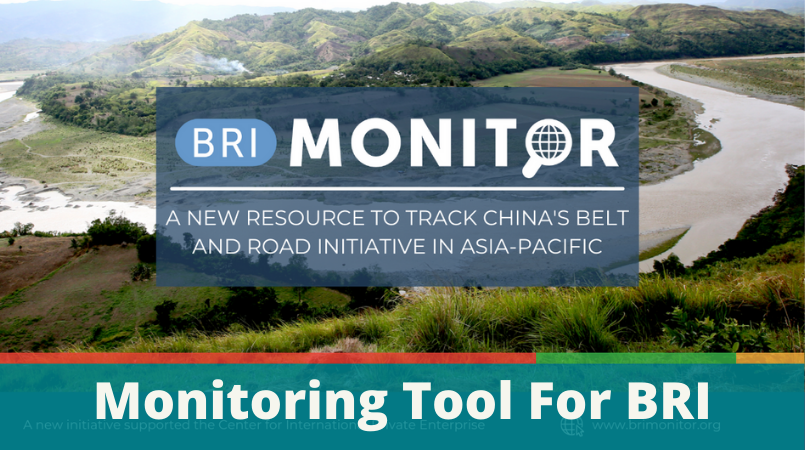
The Institute of National Affairs of Papua New Guinea launched a tool that will analyse the level of transparency of China’s Belt and Road Initiative (BRI).
The BRI Monitor resource was created by five civil society organizations in Southeast Asia and the Pacific to track and promote transparency surrounding regional BRI projects.
It will closely examine regional BRI projects by evaluating public data accessibility based on 38 data points concerning projects’ contract phases. The Construction Sector Transparency Initiative has outlined this information as the standard for proactive disclosure by host governments.
The BRI monitor website also features the first-of-its-kind BRI transparency heat map, in addition to several case studies, all of which aim to fill information gaps concerning BRI projects.
“The lack of transparency in BRI projects, at least in PNG’s case, indicates potential uncompetitive pricing and causes concerns of cost overrun,” said Paul Barker, Executive Director, Institute of National Affairs.
“This encourages public skepticism in BRI financing arrangements. We hope that through the BRI Monitor website, we can push for full openness and competitiveness in contracting and transparency in project management and monitoring,” Barker said.
He added that with growing public debt and debt servicing costs for the National Government, and severe financial difficulties and service delivery constraints of state-owned public utilities and service providers, it is critical that costs are kept down and public procurement is both transparency and competitive.
As such, the BRI financing can play a valuable part in project financing into the future, together with other international financing sources, but transparency and competition in the process, together with maximum local participation is critical.
In PNG, the Institute of National Affairs has conducted two initial case studies on foreign-funded projects, the Kumul Submarine Cable Network Project, and the Pacific Maritime Industrial Zone Project. Both case studies noted how PNG could benefit strongly from increased foreign engagement and investment from China in association with the BRI project, but not without the government managing or being ready and committed to managing these funds appropriately.
The founding organizations of BRI Monitor, the Institute of National Affairs in PNG, the Future Forum of Cambodia, the Institute for Democracy and Economic Affairs of Malaysia, the Stratbase Albert Del Rosario Institute of the Philippines, and Sandhi Governance Institute in Myanmar, work together to ensure transparency and governance of BRI infrastructure projects in the Asia Pacific region.
The project is supported by the Center for International Private Enterprise. Founded in 1983, CIPE works to strengthen global democracy through private enterprise and market-oriented reform.
